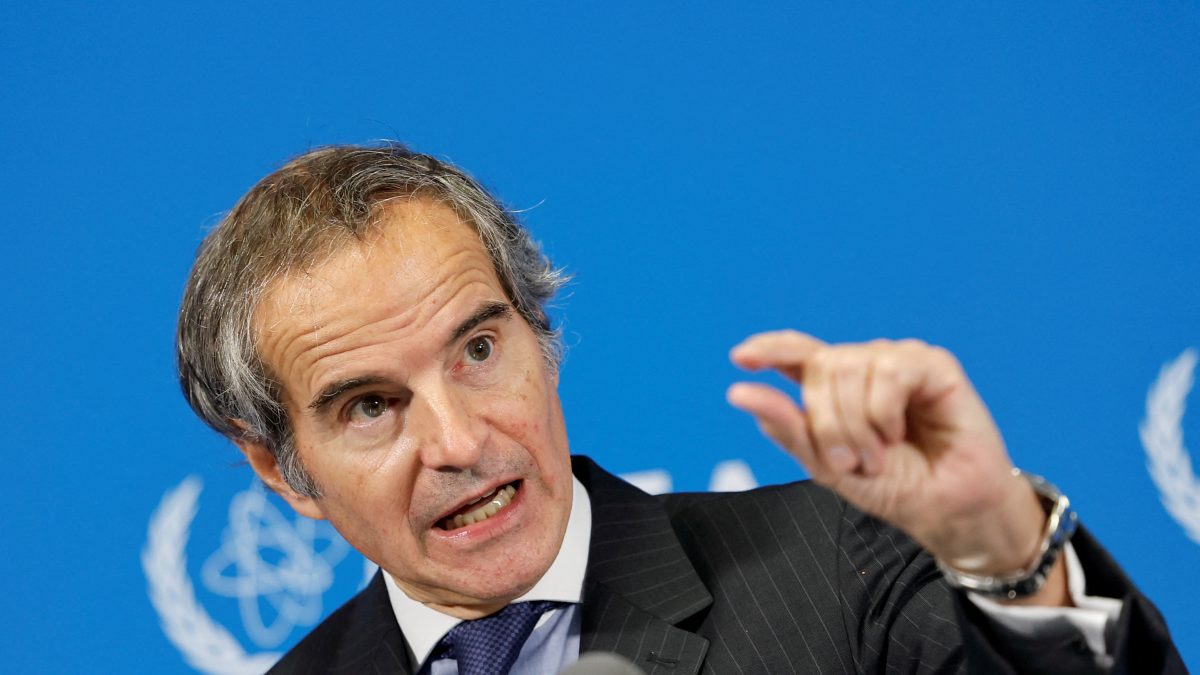Iran on Wednesday (July 23) confirmed that it had agreed to allow a team from the International Atomic Energy Agency to visit the country in the coming weeks.
Deputy Foreign Minister Kazem Gharibabadi said the team from the United Nations nuclear watchdog would discuss relations between IAEA and Tehran.
“The delegation will come to Iran to discuss the modality, not to go to the (nuclear) sites,” Gharibabadi said. He was in New York for meetings at the UN.
IAEA has said that its chief Rafael Grossi is actively engaging with all the parties involved in the “Iran nuclear issue."
Concerns after Israel, US’ strikes
IAEA officials have stressed the urgency of restoring access to Iranian nuclear facilities after last month’s air strikes by Israel and the United States, which targeted key components of Iran’s nuclear infrastructure. Those attacks, aimed at impeding Tehran’s ability to develop a nuclear weapon, have severely disrupted the IAEA’s ability to verify the status of enriched uranium stocks and other critical components of Iran’s nuclear programme.
Tehran maintains that its nuclear activities remain peaceful and that no effort is underway to develop atomic weapons. Gharibabadi said Iran’s Atomic Energy Organization is still assessing damage from the attacks. “We do not know what has happened there … because of the risks of the radiation,” he said. “Our Atomic Energy Organization is assessing, actually, the damages to the nuclear installations, and we are waiting to receive their report.”
Diplomatic concerns have mounted over the fate of some 400 kg of highly enriched uranium, with the IAEA yet to receive an update from Iran regarding the material’s status. The watchdog has deemed full resumption of inspections essential to rebuilding international confidence.
Iran reluctant to share data with IAEA
Gharibabadi claimed the IAEA has not formally inquired about the uranium and added, “we cannot say anything now because we do not have any valid and credible report from (Iran’s) Atomic Energy Organization.” The comment shows Tehran’s continued reluctance to share data in the absence of what it deems a secure inspection environment.
In June, the IAEA sparked Iranian ire by stating on the eve of the Israeli strikes that Tehran was in violation of non-proliferation treaty commitments, complicating the possibility of progress in any renewed talks over Iran’s nuclear programme.
Looking ahead, Gharibabadi said he would meet counterparts from Britain, France and Germany in Istanbul on Friday. These countries, along with China and Russia, remain signatories to the 2015 nuclear deal from which the United States withdrew in 2018. The agreement traded sanctions relief for restrictions on Iran’s atomic activities.
Impact Shorts
More ShortsAlongside this track, Iran and the US have engaged in five rounds of indirect negotiations mediated by Oman since the beginning of the year.
With inputs from agencies
)